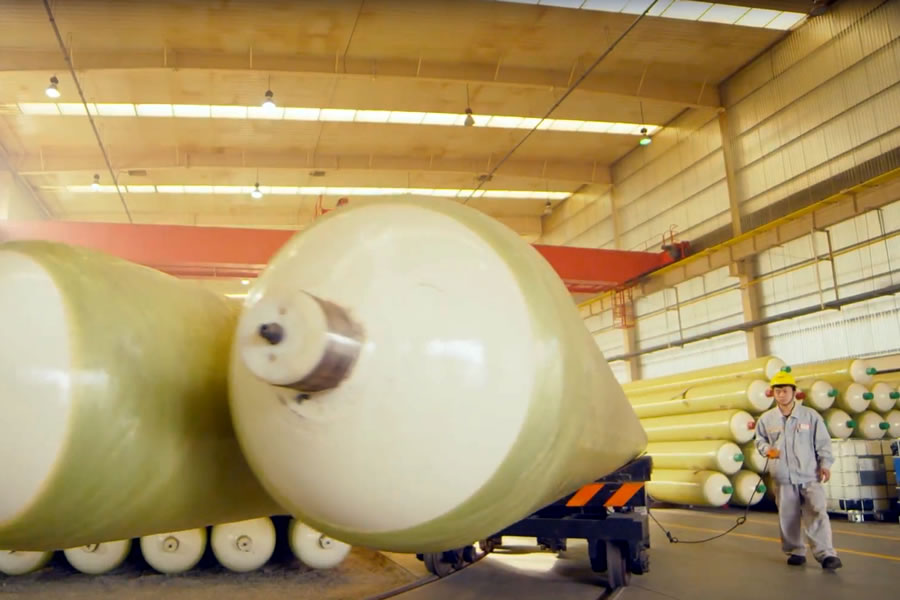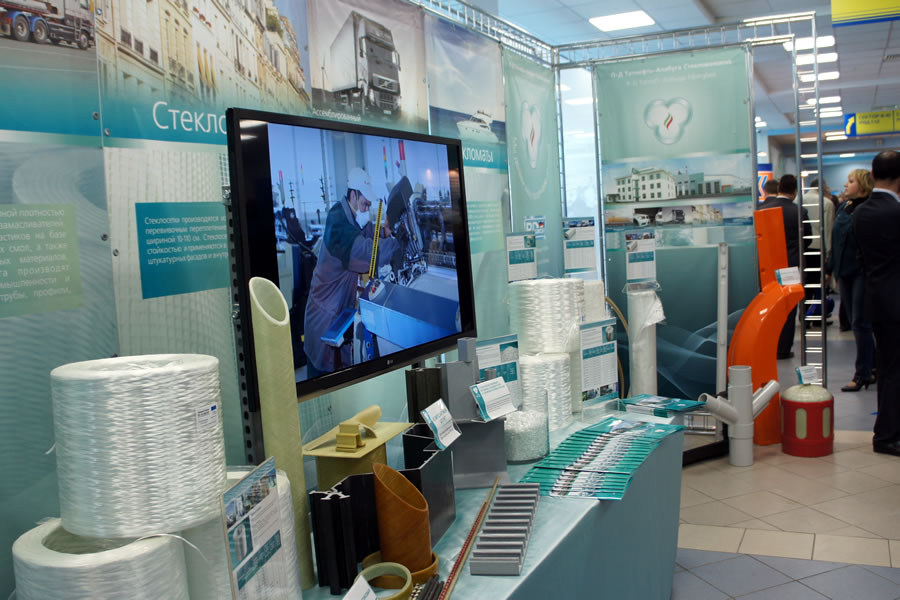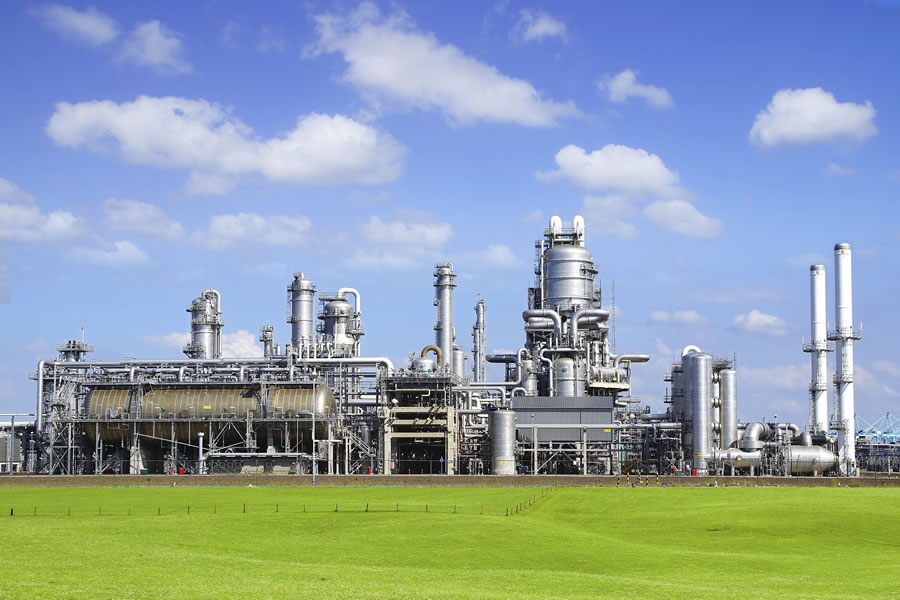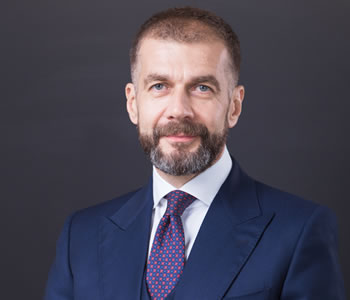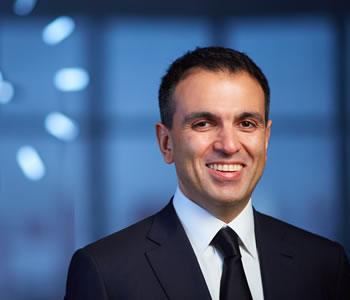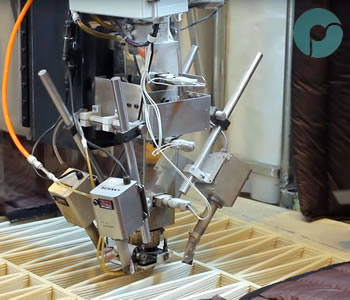Note to readers
Mikhail Karisalov, Chairman of the Management Board and CEO of SIBUR, on the company's joint development with its clients, new industry challenges and opportunities.
SIBUR BUSINESS PRACTICES
SIBUR gears up to share its tried and true techniques that serve to develop the product portfolio, set up an efficient production chain and build a strong management culture.
Customers make us better
SIBUR would like to thank its partners for participating in the annual customer satisfaction survey.
“We continue building new facilities”
In his exclusive interview for Russia–24, Mikhail Karisalov, Chairman of the Management Board and CEO of SIBUR, looks back at 2018 highlights and shares details on digitalisation initiatives at SIBUR.
Progress: 99.8%
ZapSibNeftekhim's polypropylene unit produces first granules.
BIAXPLEN launches new film grades
The company has marketed new grades for a number of consumer segments
Efficient solutions for ZapSib
TECHNONICOL is engaged to provide solutions for construction of SIBUR’s petrochemical facility.
United against plastic waste
30 global companies joined forces to create Alliance to End Plastic Waste.
Development Award
ZapSibNeftekhim, SIBUR's flagship project currently under construction, has received an award for significant contribution to the social and economic development of Russia.
RSPP Indices Reveal Industry Leaders
At the end of 2018, SIBUR reaffirmed its position at the top of industry indices compiled by the Russian Union of Industrialists and Entrepreneurs (RSPP).
Rubber grades win a contest
Products of SIBUR’s Krasnoyarsk facility have ranked among the 100 Best Goods of Russia.
Meeting in Davos
Dmitry Konov, Chairman of SIBUR Holding’s Management Board, participated in the World Economic Forum in Davos.
2019 – industry at a glance
Steve Zinger shares his thoughts on key industry trends for this year.
Interplastica 2019
Interplastica, a trade fair traditionally held at the beginning of the year, opened the new season for plastics and rubber manufacturers.
Planning ahead
Interview with Pavel Lyakhovich, member of the Management Board, Managing Director at SIBUR.
DOTP – from imports to exports
Russia’s first facility for the production of dioctyl terephthalate (DOTP) is scheduled to open at SIBUR-Khimprom.
Thorny petrochemicals
The industry needs stimulus measures but what is on offer?
Polymer piping to support public utilities
SIBUR participates in the POLYPLASTIC Group’s event.
Eyes on MAN production
SIBUR has decided to build a maleic anhydride (MAN) production facility at its Tobolsk site.
Polymers in food packaging
Increasingly fierce competition sets food companies on a never-ending quest for new packaging solutions.
Towards Open Dialogue
SIBUR creates a new platform for discussions with its partners.
Indian market leaders
The butyl rubber (IIR) plant of Reliance Sibur Elastomers Private Limited (RSEPL), a joint venture between Reliance and Sibur, is all set to come on stream by the middle of this year.
NIOST: new achievements
SIBUR’s R&D Centre provides Russian manufacturers with innovative solutions that help take the product quality to a new level.
Industry investments, transactions and M&As
An overview of projects and transactions which may transform the industry.
China Prints a Bridge
A 3D-printed pedestrian bridge has opened in Shanghai.
Lean manufacturing
Sergei Novikov, CEO of HOMA, talks about import substitution, successful deployment of a lean manufacturing system, and similarities between Russians and Japanese.
Generations of professionals
Denis Dikin, Executive Director of DPO Plastik, told us about pulling through the crisis and using innovative products in the automotive.
Everything revolves around safety
Marat Falyakhov, Execurive Director at BIAXPLEN, shared his thoughts on nature, equality and hospitality.
Next generation leaders
Deloitte describes the types of leaders succeeding in the Fourth Industrial Revolution.
Feeling good
What do the business and seniormanagement communitiesexpect of 2019?
TOP MANAGERS TAKING QUESTIONS
In the Q&As section, our top managers answer the most interesting and relevant questions from our clients sent to dearcustomer@sibur.ru.


